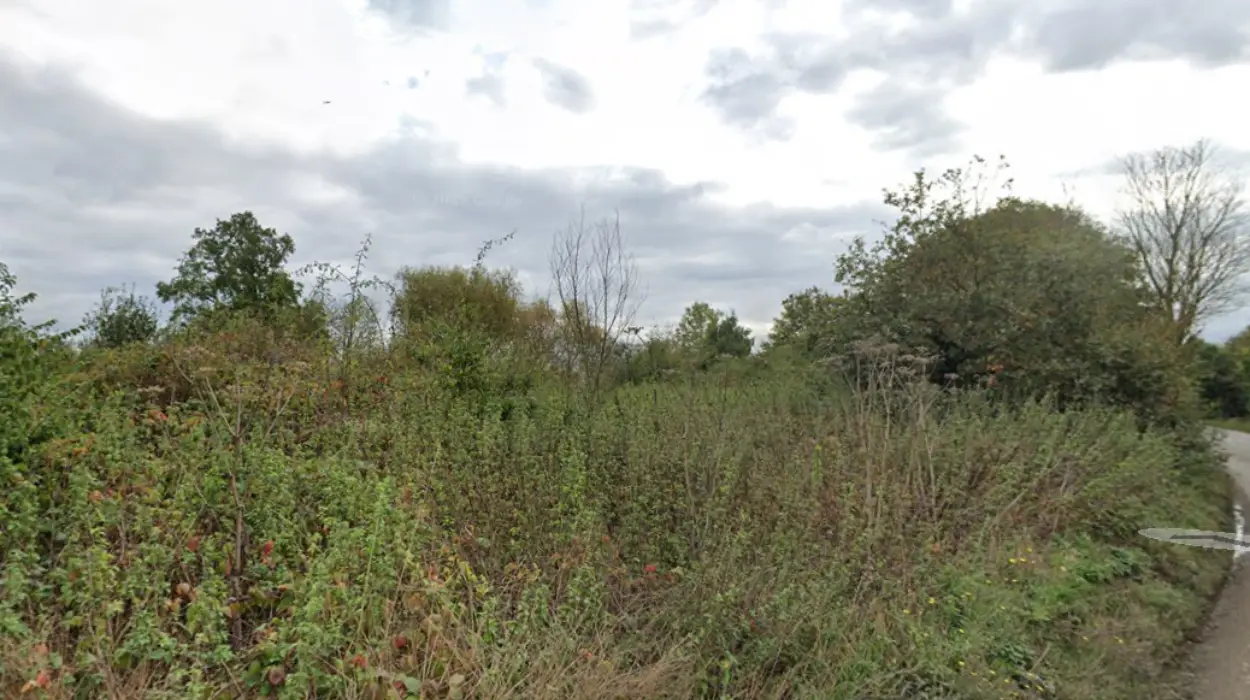Key Points
- Residents of Launders Lane and surrounding areas met with Margaret Mullane, MP for Dagenham and Rainham, on 19 September 2025.
- The focus was the ongoing underground fires at Arnolds Field, which have caused health and environmental damage.
- Attendees expressed frustration over lack of meaningful progress or action by the landowner and local authorities.
- Margaret Mullane promised to escalate pressure on involved parties, including legal action and requesting public sector support.
- She called for joint funding from the Greater London Authority, Environment Agency, London Fire Brigade, DEFRA, and Havering Council to implement remediation.
- Havering Council estimates the cost of dealing with fire aftermaths near £1.5 million.
- Residents will continue to meet regularly with Mullane to keep communication active.
- Mullane will engage with parliamentary officials conducting a study on health impacts of historic landfill sites and plans to lobby nationally.
What Issues Did Launders Lane Residents Raise With MP Margaret Mullane?
On Friday 19 September 2025, Margaret Mullane, Member of Parliament for Dagenham and Rainham, met with concerned local residents at Launders Lane to discuss the persistent underground fires at Arnolds Field. Residents expressed their frustrations regarding the ongoing environmental hazard and a significant impact on community health due to toxic pollution. Many voiced disappointment over the lack of progress, citing an unfulfilled promise of a planning application intended to address the problem.
- Key Points
- What Issues Did Launders Lane Residents Raise With MP Margaret Mullane?
- How Does Margaret Mullane Plan To Push For Solutions?
- What Commitments Were Made For Ongoing Engagement?
- What Are The Health And Environmental Concerns Mentioned?
- How Has Havering Council Responded To This Crisis?
- What Broader Political Impact Does This Issue Have?
Margaret Mullane articulated her anger at the stagnant situation and listened to firsthand accounts of health issues caused by the fires. She emphasised the need for urgent and effective intervention to end residents’ suffering.
How Does Margaret Mullane Plan To Push For Solutions?
Margaret Mullane described actions she is taking to increase pressure on responsible parties. This includes returning to Thompsons solicitors with detailed reports of individuals who have suffered health problems linked to the fires. She also called for coordinated public sector involvement: “In the absence of the landowner taking any responsibility for remediation, I am calling on all relevant public bodies such as the Greater London Authority, London Fire Brigade, Environment Agency, and DEFRA to jointly fund the system Havering Council has identified.”
Mullane positioned this as a sensible investment to protect residents and mitigate costs for the Council, which currently anticipates spending around £1.5 million on managing the aftermath. She added she has queried the London Fire Brigade about the financial impact of attending the fires.
What Commitments Were Made For Ongoing Engagement?
During the meeting, it was agreed that Margaret Mullane and the residents would establish regular sessions to share information and update progress. Mullane highlighted the importance of hearing detailed concerns from those directly affected, ensuring the community’s voices guide continued advocacy efforts.
Mullane also revealed that she will meet soon with parliamentary officials conducting a comprehensive study into the health impacts of historic landfill sites such as Launders Lane. She intends to use the findings, expected early next year, to push for national policies addressing such environmental health crises.
What Are The Health And Environmental Concerns Mentioned?
The underground fires at Arnolds Field have caused toxic pollution that is damaging residents’ health. The meeting brought these concerns to the forefront, with several attendees describing the adverse effects they have personally experienced. This environmental hazard, now a long-standing issue, has been exacerbated by the lack of accountability from the landowner and insufficient remedial action.
Mullane acknowledged the distress caused to residents and committed to intensifying efforts to resolve the issue with meaningful solutions.
How Has Havering Council Responded To This Crisis?
Havering Council has identified a remediation system designed to tackle the fires but faces substantial financial burdens. The Council estimates that managing the aftermath will cost close to £1.5 million, underscoring the urgency for collaborative funding arrangements to expedite resolution and reduce ongoing impacts.
Margaret Mullane’s call for joint funding from regional and national bodies is aimed at supporting the Council and accelerating the implementation of effective remediation measures.
What Broader Political Impact Does This Issue Have?
MP Margaret Mullane is taking a proactive role beyond local advocacy. By engaging with legal representatives and influencing parliamentary studies, she is building a case for national government intervention. The forthcoming report on health impacts from landfill sites will be pivotal in lobbying for improved regulation, funding, and support to prevent similar crises elsewhere.



